
PFUJ recalls November 3, 2007 emergency as Pakistan’s darkest day
November 03, 2025: PFUJ recalls November 3, 2007, as Pakistan’s darkest day under Musharraf, urging protection for journalists and the abolition of laws threatening press freedom.
JournalismPakistan.com | Published 8 years ago
Join our WhatsApp channel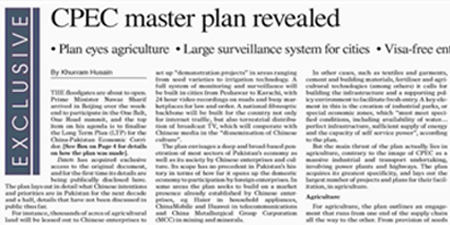
ISLAMABAD – Two senior officials Monday dismissed a Dawn story revealing the “original plan of the China-Pakistan Economic Corridor (CPEC)” as being based on an outdated proposal by China Development Bank that dates back to 2015.
Daily Pakistan Global quoting Fawad Hassan Fawad, Prime Minister's Principal Secretary, said the documents on which the story was based carry no relevance. They have been rejected by the Pakistan government and numerous amendments made to it.
Planning Minister Ahsan Iqbal refuted the news and termed it ‘Dawn Leaks II’ that seeks to malign CPEC.
The website quoted Iqbal as saying “Dawn report is based on dishonest reporting. It is based on an outdated proposal by China Development Bank while the actual agreement is a bilateral document which is yet to be signed, how can we make it public unilaterally without consulting our partner before it is even signed.”
He termed the report “half cooked” in a race to break the news first.
The paper ran the front page story – CPEC master plan revealed – as exclusive on Monday. It claimed the documents were being released to the public for the first time and that it is the final agreement between Pakistan and China.
The plan, it claimed revealed, “what Chinese intentions and priorities are in Pakistan for the next decade and a half, details that have not been discussed in public thus far.”
“China itself has given another updated version; the one published by Dawn is obsolete and outdated,” Daily Pakistan Global quoted Fawad as saying.

November 03, 2025: PFUJ recalls November 3, 2007, as Pakistan’s darkest day under Musharraf, urging protection for journalists and the abolition of laws threatening press freedom.

November 02, 2025: PFUJ urges Pakistan’s federal and provincial governments to end Impunity for Crimes Against Journalists and ensure their safety and press freedom.

November 02, 2025: Impunity for crimes against journalists deepens worldwide as Pakistan reports a 60 percent surge in attacks and weak enforcement of safety laws.

November 01, 2025: Pakistan Press Foundation reports 137 attacks on journalists in 2025, highlighting rising threats, legal harassment, and censorship on the International Day to End Impunity.

November 01, 2025: A viral Samaa TV clip featuring MNA Sher Afzal Marwat’s crude remarks and Talat Hussain’s laughter raises questions about the declining ethics of Pakistani television.

October 31, 2025: Police foiled a plot to kill DawnNewsTV journalist Tahir Naseer in Rawalpindi after arresting suspects hired for Rs200,000. Naseer says threats followed his reporting.
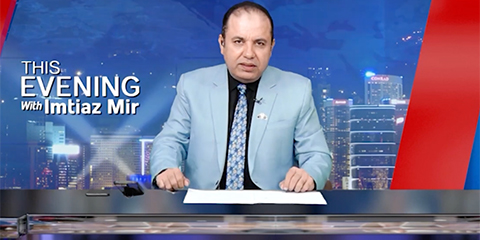
October 31, 2025: CPJ calls on Pakistan to bring Imtiaz Mir’s killers to justice after the journalist was allegedly murdered by a banned militant group in Karachi.

October 30, 2025: The PFUJ has condemned a fabricated drug case against journalist Matiullah Jan, calling it an attempt to silence him and urging authorities to quash the charges immediately.
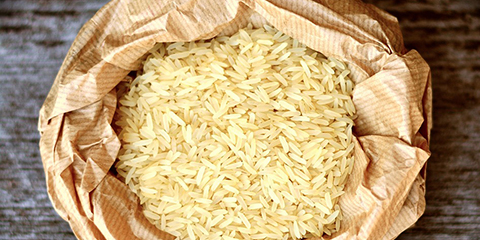
November 03, 2025 Global journalist unions condemn the Indonesian agriculture minister’s lawsuit against Tempo, calling it a threat to press freedom and demanding that the case be withdrawn.

November 02, 2025 Independent outlet All About Macau to halt print and online operations amid rising pressure, financial strain, and legal threats, sparking press freedom concerns in the city.
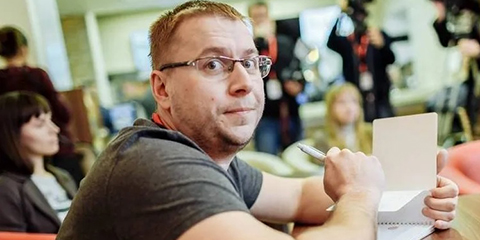
November 01, 2025 Belarus court jails journalist Siarhei Chabotska for extremism and defaming the president, highlighting Minsk’s ongoing crackdown on press freedom.
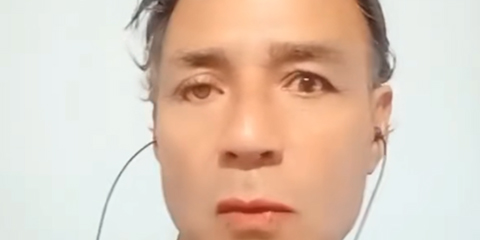
November 01, 2025 Mexican journalist Miguel Angel Beltran was found murdered in Durango. CPJ urges authorities to ensure justice amid rising violence against journalists in Mexico.

November 01, 2025 UNESCO survey finds one-third of media lawyers cannot effectively defend journalists due to threats, limited resources, and lack of specialization.